Why Do You Get Sulfur Burps & How To Get Rid Of Them?
Say goodbye to those burps that smell like rotten eggs with home remedies and hacks.

Image: Shutterstock
Burping after a nice big meal is quite common and gives you a sense of relief. You may feel like you’ve just freed-up some space for a second serving of dessert. Sometimes you may have burps that smell like rotten eggs which can leave you embarrassed. These are called sulfur burps. But why do you get these burps and what causes them? Keep reading this article to know the causes and remedies for sulfur burps.
In This Article
What Are Sulfur Burps?
Burping is a common bodily mechanism that helps release the excess air trapped in your gastrointestinal tract. This excess air is released either through the mouth in the form of a burp or through the anus as flatulence (farts). Most often than not, the air that is expelled in the form of burps and farts is generally odorless, because the two main expelled gasses—oxygen and carbon dioxide are odorless (1).
However, oxygen and carbon dioxide that is trapped in your gastrointestinal tract may react with traces of sulfur dioxide left behind by processed foods and dairy products. As a result, you experience bad breath accompanying sulfur burps released orally by your body. Experiencing sulfur burps after eating red meat, vegetables like asparagus, broccoli, and garlic is quite common (2).
According to a survey involving 2000 U.S. adult citizens, 20% reported that they burped and wanted to stop it. For 70% of those people, it was a habit at the time of the survey, out of which 9% considered it a big problem, 25% considered it somewhat of a problem, 38% not much of a problem, and 28% no problem at all.
Knowing what foods cause sulfur burps can help with dealing with the issue.
Apart from the food you eat, there are other factors that can cause sulfur burps. Let us find out what these factors are in our next section.
Key Takeaways
- When oxygen and carbon dioxide react with sulfur dioxide in the gastrointestinal tract, the burps become smelly.
- These sulfur burps can result from smoking and drinking habits and eating foods like red meat, asparagus, etc.
- Sometimes, these burps may also be a consequence of indigestion and acid reflux.
- Drinking enough water and sipping on green tea may help.
What Causes Sulfur Burps?
There is no one particular reason that can be singled out as the main cause of sulfur burps.
A lot of factors like diet and lifestyle may contribute to sulfur burps. A few of the most common reasons are.
Dietary Factors
- Dairy Intake
Dairy products may upset your digestive system if you are lactose intolerant, leading to sulfur burps. - Eating Sulfur-Rich Foods
Consuming foods high in sulfur, such as cruciferous vegetables, garlic, and onions may produce sulfur burps. - Consuming Carbonated Drinks
Excessive consumption of carbonated drinks may increase gas in the stomach, potentially contributing to sulfur burps.
Lifestyle Factors
- Eating Too Quickly
Eating too quickly can cause you to unknowingly swallow an excess amount of air that can get trapped in your gastrointestinal tract. This trapped air has to be let out of either of your body’s openings like the mouth and anus.
- Smoking

Studies show that smoking tobacco may cause acid reflux that can make you burp (3). Pairing acid reflux with the foul stench of cigarettes can make your burps smell quite nasty.
- Chewing Gum
Chewing gum may be able to mask the foul odor of the burp, but in retrospect, could also be the main trigger for burping. Chewing gums contain ingredients like sorbitol, which can send false signals to your body and cause it to release chemicals that are responsible for digestion. Due to this, your body produces gas that can cause burping or flatulence (4).
- Alcoholic Beverages

Alcoholic beverages like beer when consumed in excess might cause gastroesophageal reflux (GER) that may trigger burping (5). Avoiding alcohol may help reduce burping and in turn sulfur burps.
 Quick Tip
Quick TipThese are some potential causes of sulfur burps. But how long do they last? Find out in the following section.
How Long Do Sulfur Burps Last?
Anecdotal evidence suggests that sulfur burps caused by consuming sulfur-rich foods may last for a few hours to a day until the body processes and eliminates the elements responsible for the odor. However, burps that are caused by an underlying digestive condition, like irritable bowel syndrome, may persist for weeks or even months.
Sulfur burps caused by benign causes could possibly be treated with simple remedies. Learn more about the same in the next section.
How To Get Rid Of Sulfur Burps
You might be able to get rid of sulfur burps by making a few minor changes in your diet. Here are a few ingredients that you can incorporate into your diet as home remedies to reduce sulfur burps.
- Drinking Herbal Teas

Herbal teas, such as green tea, peppermint tea, and chamomile tea, are popular home remedies for gas and sulfur burps. This is because these teas are rich in antioxidants that can help remove toxins from your body and aid digestion. Research suggests that peppermint tea may be able to soothe digestive issues and in turn help reduce burping. Green tea can also help reduce issues like heartburn and upset stomach that cause burping. Chamomile tea is known to soothe stomach discomfort and act as a laxative that may help better bowel function and reduce burping (6).
- Drinking Enough Water
Drinking enough water throughout the day not only helps you stay hydrated but also can help with digestive issues that cause burps. Water can help flush out bacteria that produce harmful acids from the intestines and also help move your bowels. All this amounts to a clean digestive tract that in turn reduces the risk of sulfur burps (7).
Studies suggest that drinking a glass of water 30 minutes before a meal may help reduce hunger and might prevent you from overeating (8).
- Eating Manuka Honey
Manuka honey is known to have antimicrobial properties and is used as a home remedy to treat gastrointestinal issues. It may also help in killing bacteria like E.Coli and Salmonella that cause digestive issues. Having a spoonful of manuka honey may help prevent sulfur burps (9).
- Baking Soda
Drinking a glass of water dissolved with 1 teaspoon of baking soda may help relieve bloating and burping. It is also a popular home remedy for sour stomach (indigestion) and may help resolve other digestive problems like cramps and abdominal pain (10).
- Apple Cider Vinegar
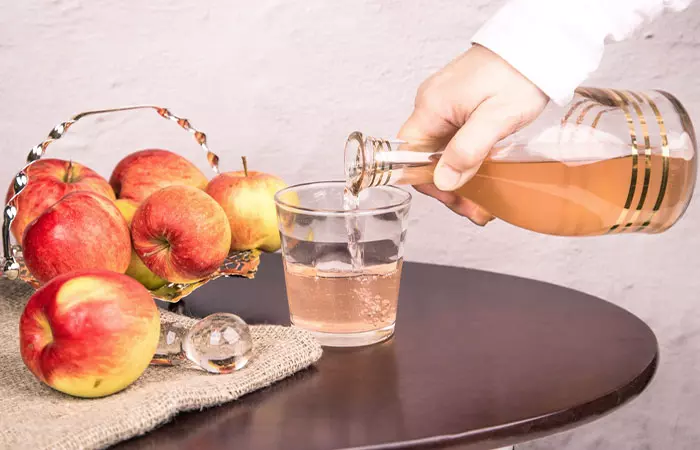
Studies suggest that apple cider vinegar can promote the production of enzymes that improve digestion. This helps in better bowel movement that results in lesser digestive distress. All this leads to a good digestive system that reduces the chances of sulfur burps (11),(12).
 Quick Tip
Quick Tip- Avoid Foods That Might Trigger Burping
Feeling bloated, burpy, and gassy after eating burgers, pizzas, and other fast food items is common. Consuming fast food in large amounts and on a regular basis can cause stress on your gastrointestinal health (13). While you can’t completely eliminate these from your diet, reducing the frequency of consumption might help avoid sulfur burps.
- Avoid Sodas And Carbonated Beverages
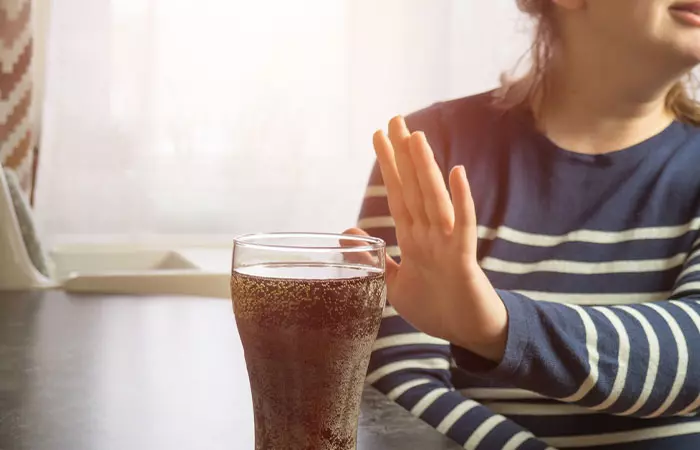
Sodas and carbonated beverages make you feel gassy and bloated, it is best to avoid them, as this will help you reduce sulfur burps.
- Avoiding Sugary Food
Eating sugary foods can lead to inflammation of the digestive tract and cause you to feel bloated and gassy and in turn cause sulfur burps (14). Eliminating sugary foods from your diet may help avoid sulfur burps.
- Avoid Processed Food
Processed food like canned meat, frozen sausages, and other frozen foods contain a lot of preservatives that worsen your digestive health and may cause IBS (15). Avoiding or minimizing the consumption of such food may help prevent sulfur burps.
Along with all this, you can also follow some preventive measures for sulfur burps, such as:
- Eat slowly, as eating too quickly may cause you to swallow air, contributing to burps.
- Avoid chewing gum, as it may also cause you to swallow air.
- Eat smaller portions, instead of large meals, throughout the day to ease digestion and avoid overwhelming your stomach.
- Lying down or sitting right after a meal may also increase the likelihood of gas and burping. Walk for at least 10 minutes after eating.
Hopefully, these tips might help you reduce sulfur burps. Let us now look at when to seek medical assistance if you have sulfur burps.
When To See A Doctor
Sulfur burps generally subside by themselves and are nothing to be worried about. However, if they persist, they could be a sign of underlying medical conditions like IBS. Studies suggest that belching is frequent in people diagnosed with IBS (16). You should also seek medical help if these sulfur burps are accompanied by symptoms like severe stomach pain, nausea, vomiting or changes in bowel habits.
In some cases, sulfur burps may also be related to acid reflux and indigestion (17). For such cases, you may need medical treatment. Your doctor may prescribe antacid tablets or syrups that can help relieve this condition. Despite taking antacids, sulfur burps continue to prevail, then further diagnosis might be required.
Infographic: 5 Ways To Keep Sulfur Burps At Bay
Burping is a common bodily function that helps release the excess air trapped in the gastrointestinal tract. However, certain foods might react with traces of the sulfur dioxide left behind, resulting in sulfur burps. The good news is you can easily get rid of them with some simple natural remedies. Check out the infographic below to know more!

Illustration: StyleCraze Design Team
In conclusion, sulfur burps are regular burps but with a foul-smelling odor like rotten eggs. Sulfur burps can be caused by smoking, drinking alcohol, eating too fast, and many other reasons. Some home remedies for sulfur burps include drinking herbal teas, eating manuka honey, or baking soda, and more. Sulfur burps generally subside by themselves or after making dietary changes. However, they may be a sign of medical conditions like IBS.
Frequently Asked Questions
Do Tums help with sulfur burps?
Antacids like Tums may help with sulfur burps. But consult your doctor before taking it.
Can sulfur burps make you throw up?
Yes, sulfur burps may make you throw up if it is caused by a gut infection.
Can diabetes cause sulfur burps?
Yes, a higher level of sugar may cause digestive tract issues, leading to sulfur burps.
What medications cause sulfur burps?
Certain diarrhea medicines, opioid pain medicines, and aspirin may cause sulfur burps.
Illustration: Why Do You Get Sulfur Burps? How To Get Rid Of Them
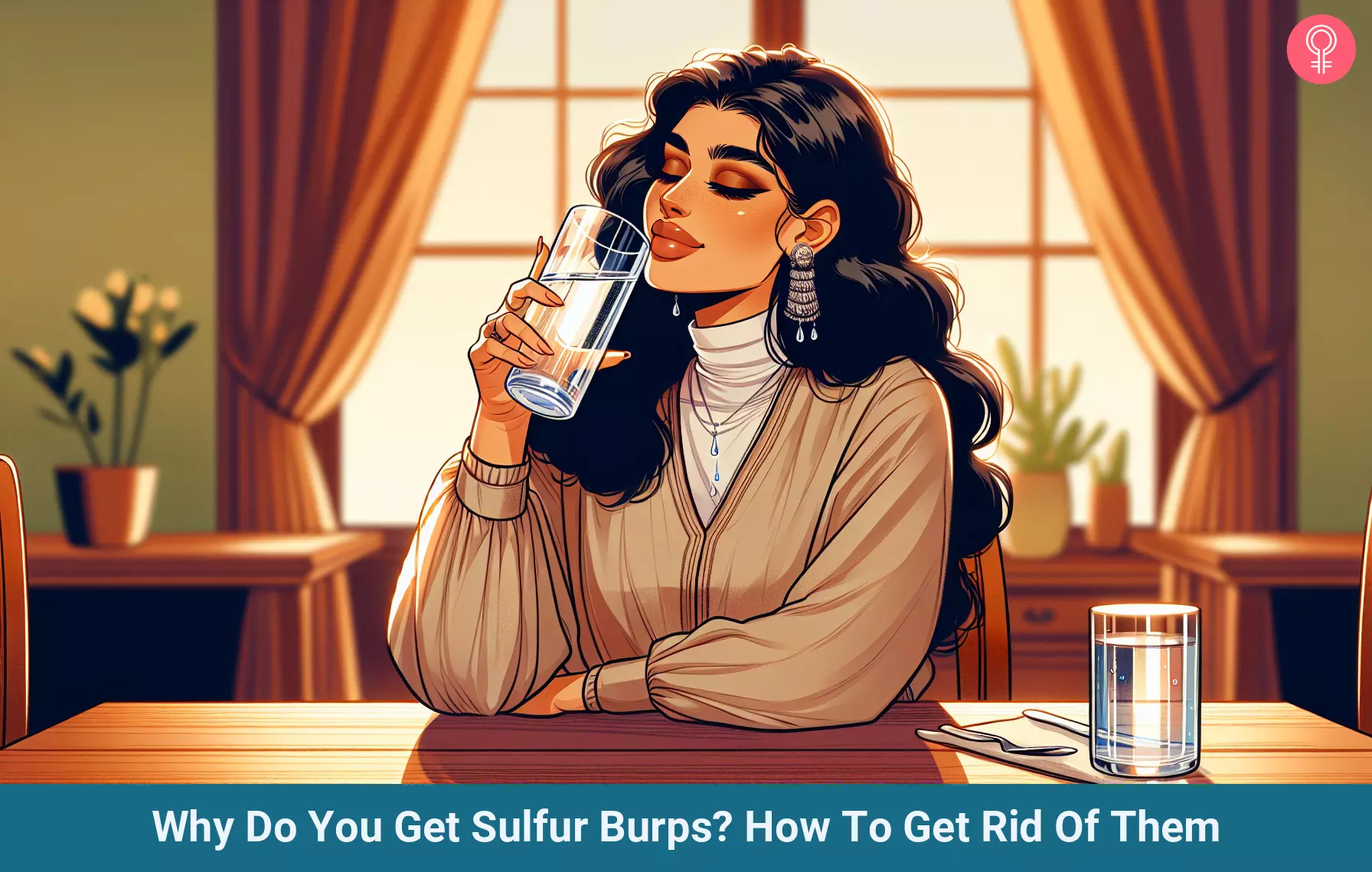
Image: Dall·E/StyleCraze Design Team
Sick of sulfur burps? Watch this insightful video for some expert tips on getting rid of them instantly.
References
Articles on StyleCraze are backed by verified information from peer-reviewed and academic research papers, reputed organizations, research institutions, and medical associations to ensure accuracy and relevance. Read our editorial policy to learn more.
- Chronic Burping and Belching
https://www.researchgate.net/publication/338780731_Chronic_Burping_and_Belching - Obnoxious Gas Causes Burping Is Due To Unnatural Food Habit
https://www.lightlabla.com/admin/uploads/Z0kXFf.pdf - Mechanisms Of Acid Reflux Associated With Cigarette Smoking
https://www.ncbi.nlm.nih.gov/labs/pmc/articles/PMC1378332/ - Hypothesis: Hexitols In Chewing Gum May Play A Role In Reducing Postoperative Ileus
https://www.researchgate.net/publication/23249557_Hypothesis_Hexitols_in_chewing_gum_may_play_a_role_in_reducing_postoperative_ileus - Beer Effects On Postprandial Digestive Symptoms And Gastroesophagic Physiology
https://www.researchgate.net/publication/323788741_Beer_effects_on_postprandial_digestive_symptoms_and_gastroesophagic_physiology - Review on Herbal Teas
https://www.jpsr.pharmainfo.in/Documents/Volumes/vol6issue05/jpsr06051404.pdf - Health Effects of Alkaline Diet and Water Reduction of Digestive-tract Bacterial Load and Earthing
https://www.researchgate.net/publication/301497159_Health_Effects_of_Alkaline_Diet_and_Water_Reduction_of_Digestive-tract_Bacterial_Load_and_Earthing - Effect of Pre-meal Water Consumption on Energy Intake and Satiety in Non-obese Young Adults
https://www.ncbi.nlm.nih.gov/pmc/articles/PMC6209729/ - Effect Of Different Doses Of Manuka Honey In Experimentally Induced Inflammatory Bowel Disease In Rats
https://pubmed.ncbi.nlm.nih.gov/18688794/ - Association Between Sodium Bicarbonate Consumption And Human Health: A Systematic Review
https://www.ijmrhs.com/medical-research/association-between-sodium-bicarbonate-consumption-and-human-health-a-systematic-review.pdf - Study About The Nutritional And Medicinal Properties Of Apple Cider Vinegar Article Info Abstract
https://www.researchgate.net/publication/322953260_STUDY_ABOUT_THE_NUTRITIONAL_AND_MEDICINAL_PROPERTIES_OF_APPLE_CIDER_VINEGAR_ARTICLE_INFO_ABSTRACT - Supplementation Of Dietary Apple Cider Vinegar As An Organic Acidifier On The Growth Performance Digestive Enzymes And Mucosal Immunity Of Green Terror ( Andinoacara Rivulatus )
https://www.researchgate.net/publication/336521083_Supplementation_of_dietary_apple_cider_vinegar_as_an_organic_acidifier_on_the_growth_performance_digestive_enzymes_and_mucosal_immunity_of_green_terror_Andinoacara_rivulatus - Fast Foods–Are They A Risk Factor For Functional Gastrointestinal Disorders?
https://www.researchgate.net/publication/306190966_Fast_foods–are_they_a_risk_factor_for_functional_gastrointestinal_disorders - High Intake of Sugar and the Balance between Pro- and Anti-Inflammatory Gut Bacteria
https://www.ncbi.nlm.nih.gov/labs/pmc/articles/PMC7284805/ - The Hidden Dangers of Fast and Processed Food*
https://www.ncbi.nlm.nih.gov/labs/pmc/articles/PMC6146358/ - Belching in Irritable Bowel Syndrome: An Impedance Study
https://www.ncbi.nlm.nih.gov/labs/pmc/articles/PMC5503291/ - Approach to ”Belching Disorder”: Avicenna\’s Point of View in Comparison with Modern Medicine—A Review
https://www.researchgate.net/publication/337464457_Approach_to_Belching_Disorder_Avicenna\’s_Point_of_View_in_Comparison_with_Modern_Medicine-A_Review
Read full bio of Dr. Zeel Gandhi
Read full bio of Sanchari Bhattacharya
Read full bio of Ravi Teja Tadimalla
Read full bio of Dipti Sharma






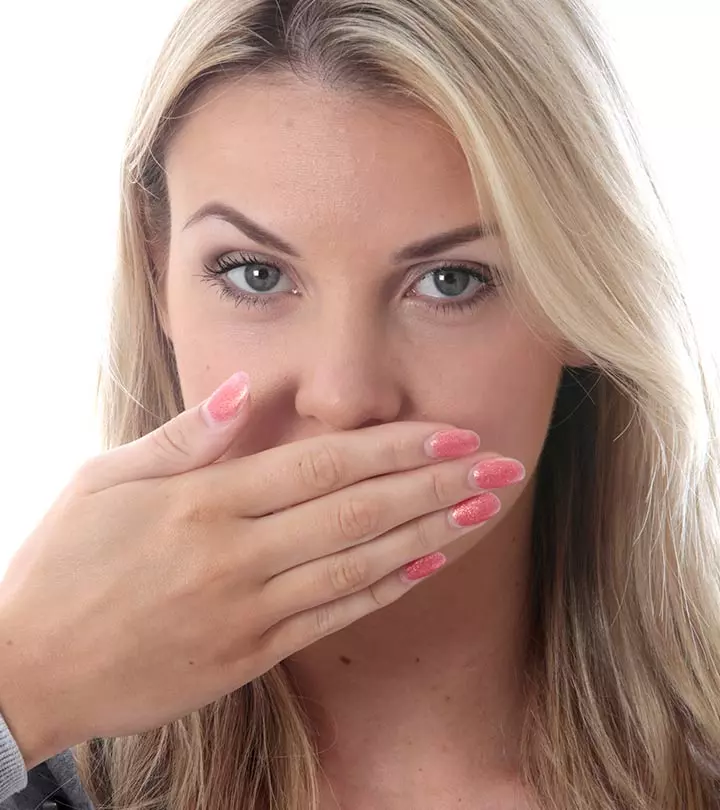





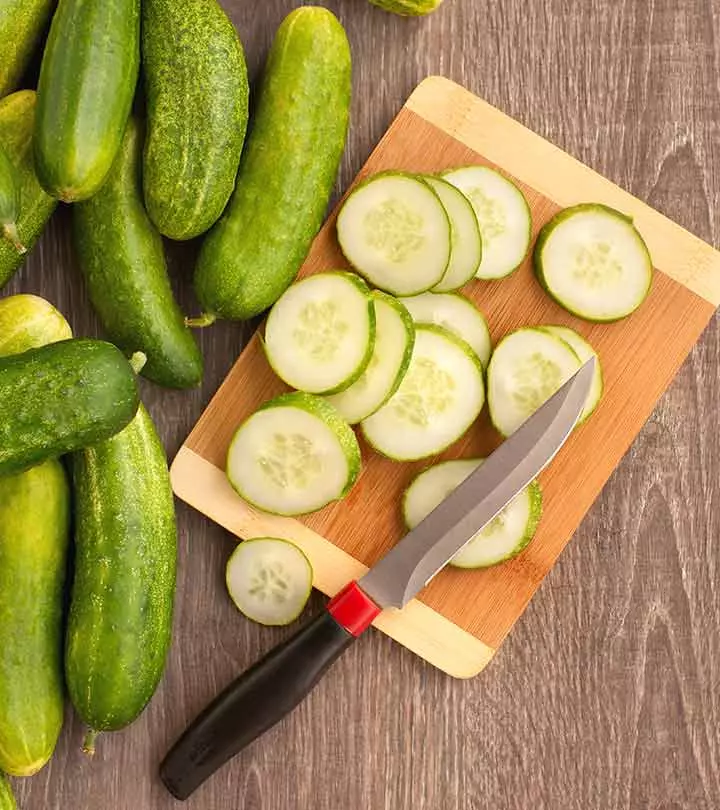
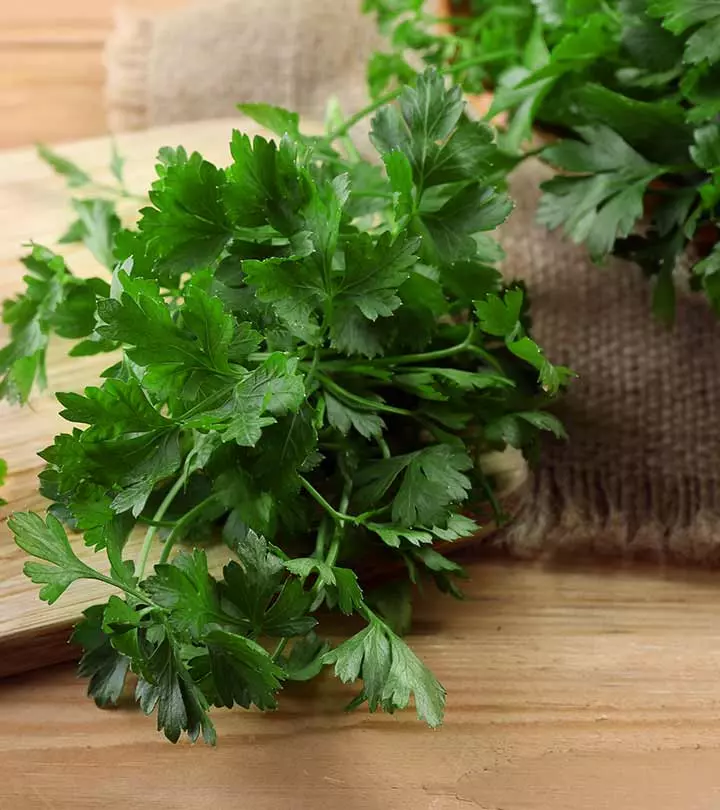
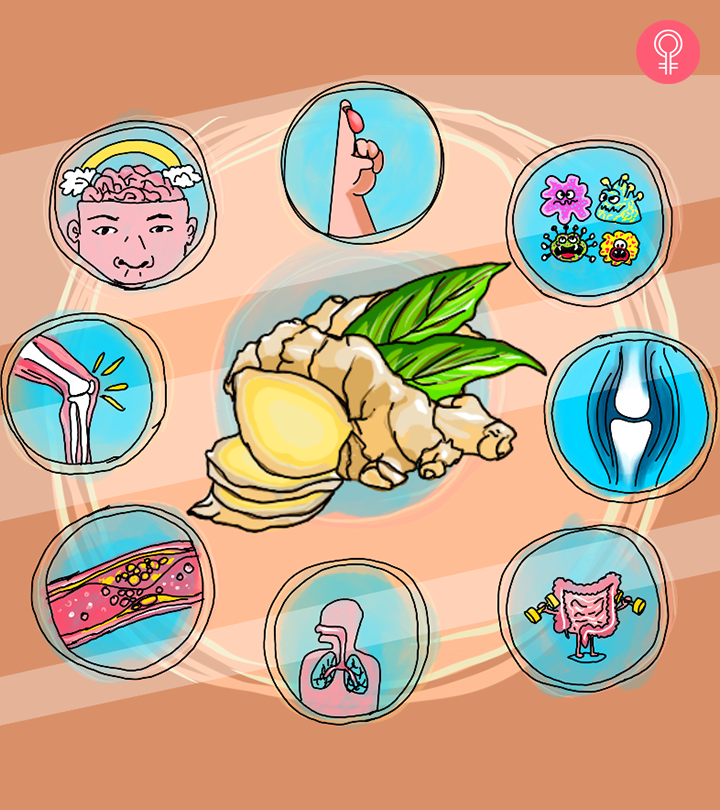
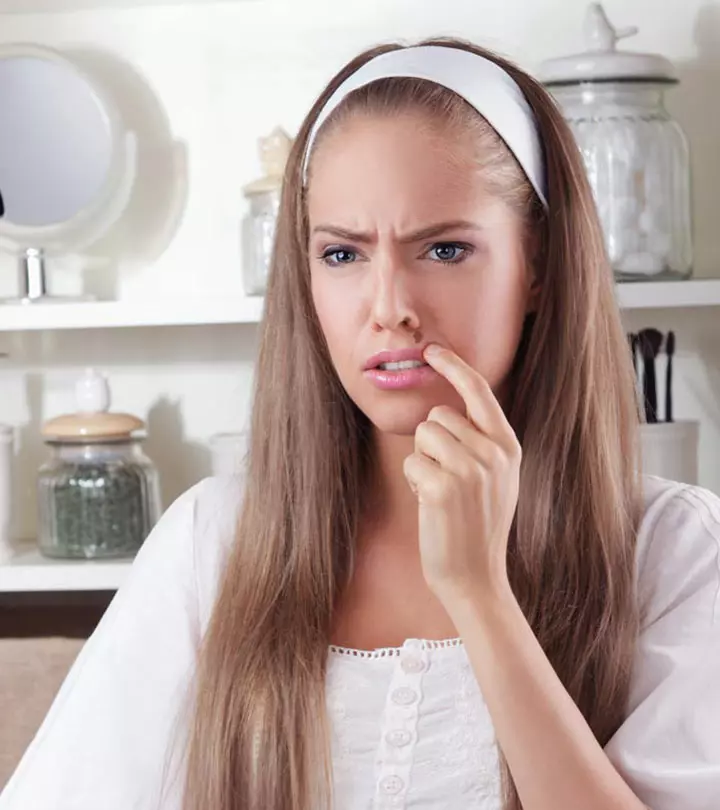






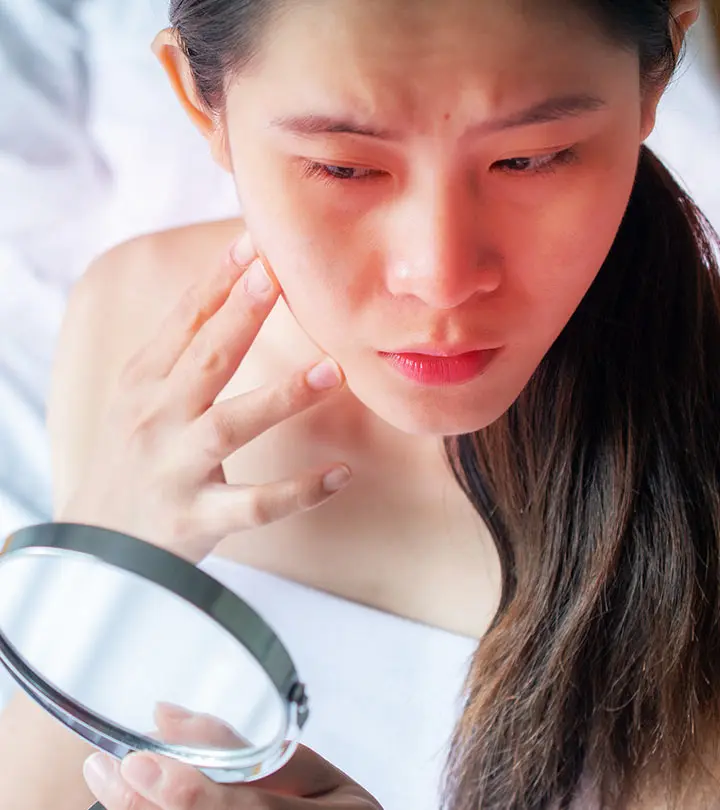
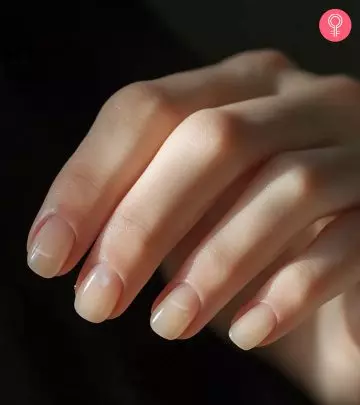
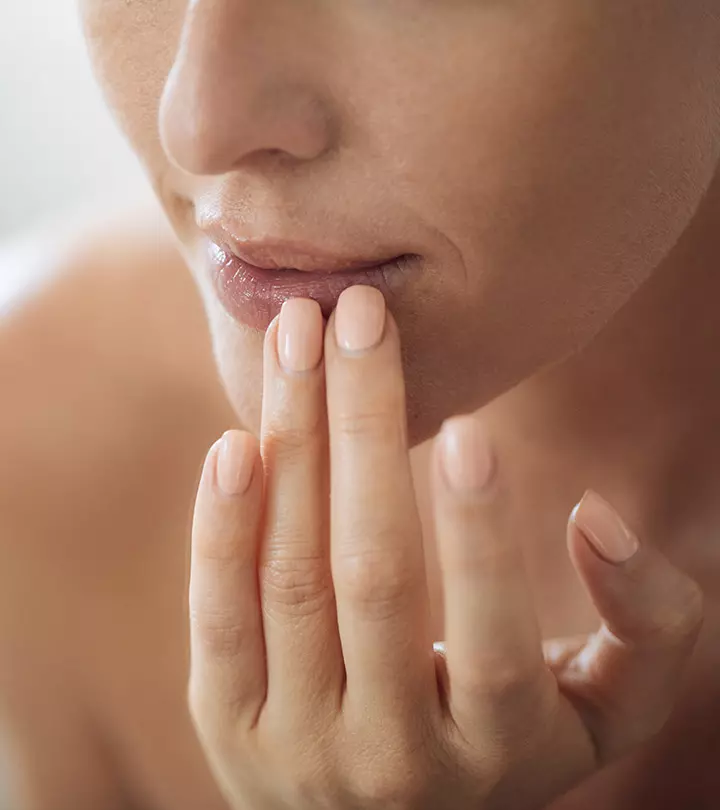

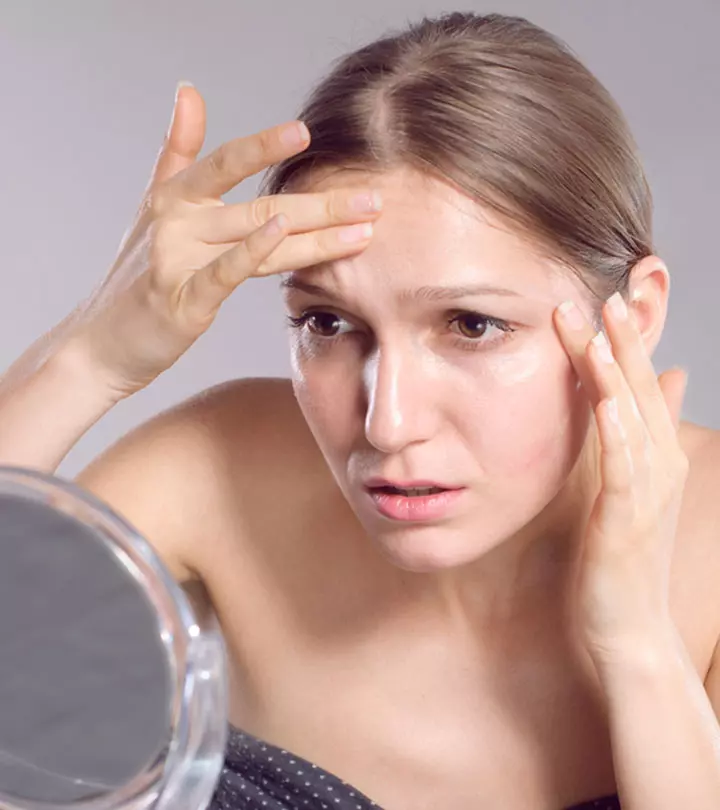
Community Experiences
Join the conversation and become a part of our empowering community! Share your stories, experiences, and insights to connect with other beauty, lifestyle, and health enthusiasts.